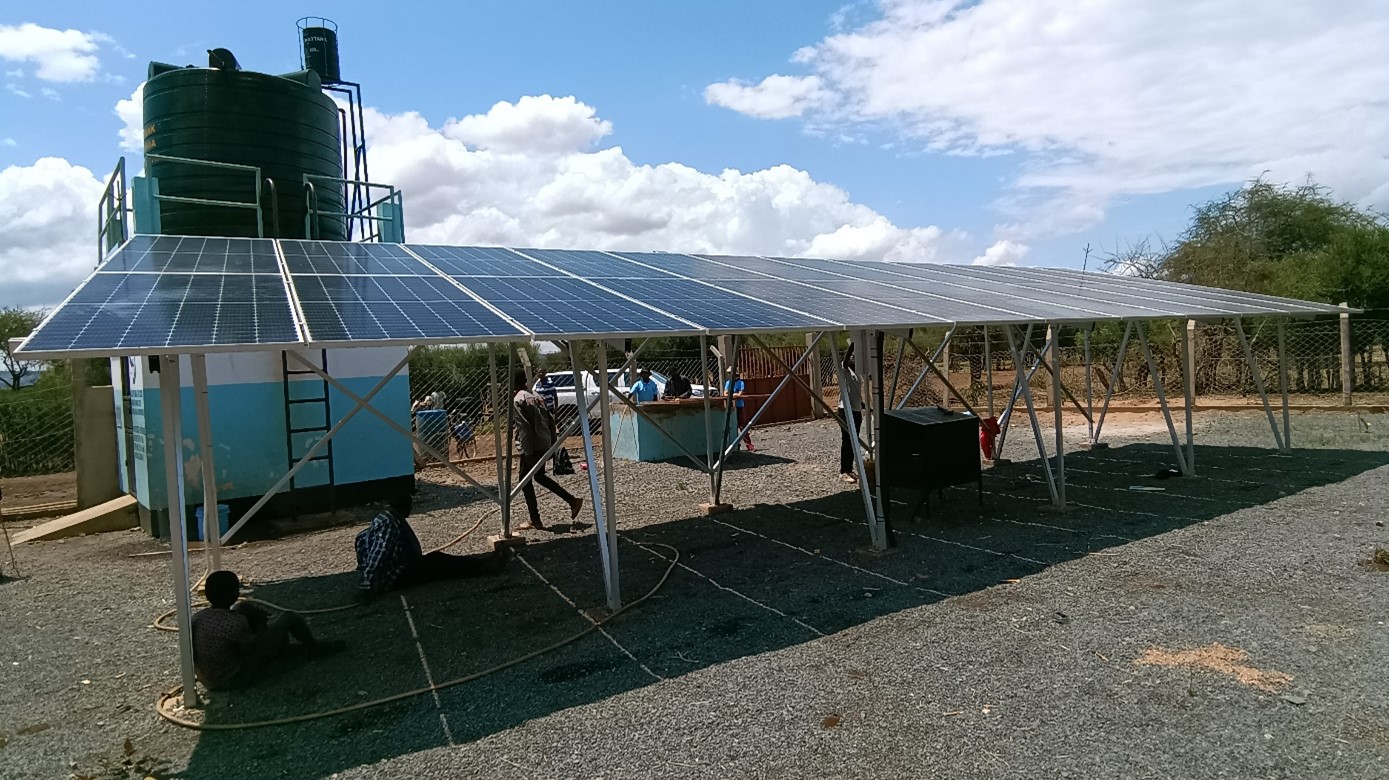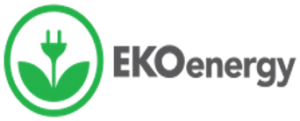
This initiative, in partnership with RUWASA Regional Office, RUWASA Hanang’, District, and Regional Authorities, supported by EKOenergy, focuses on enhancing water access and sustainability in the villages of Kinyamburi, Getanuwas, and Laghanga, Hanang’ District (Manyara Region). Through the installation of three solar pumping systems, we aim to not only secure a clean and safe water supply but also promote the use of clean energy sources.
Before the intervention
Prior to our intervention, the village of Kinyamburi did not have a water scheme and the inhabitants had to fetch water from the neighboring villages in unsafe water sources. In the village of Getanuwas, the system was powered with diesel, leading to high operational and maintenance costs. In Laghanga village, an electricity-dependent water system faced interruptions due to unreliable power supply, impacting the community’s access to water.
Project achievements
Oikos has successfully installed three solar powered pumping systems in Kinyamburi, Getanuwas, and Laghanga villages. In Kinyamburi, the new solar panel system which generates up to 11.04 kW of electricity; the system was equipped with a 4kW controller and 4kW pump which can discharge up to 7m3/h; in Getanuwas 7.74kW solar panels are installed and equipped with a 5.5kW pump controller. In Laghanga, an 15kW solar panels system (Contributed by RUWASA) and 11kW pump controller now provide reliable and sustainable energy for the water pumping station. All systems primarily rely on solar power, with generator and electric grid serving as a backup. The water pumping station at Kinyamburi water scheme now produces approximately 65 m³/day, while in Getanuwas water scheme produces around 46 m³/day, and Laghanga water scheme produces up to 112 m³/day. These volumes cover the need of the people living in these three remote villages in Hanang’ District.
Impact on communities
This transformative project directly benefits 11,965 inhabitants in these three villages—1,798 in Kinyamburi, 5,726 in Getanuwas, and 4,441 in Laghanga. The main impacts include:
Reliable Water Supply: Ensuring a year-round supply of safe water, utilizing solar energy as the primary source, supported by the electric grid as a backup system.
Improved Sanitary Conditions: Regular water supply contributes to enhanced hygiene, positively impacting the overall health of the community.
Educational and Healthcare Benefits: Schools in target villages and health centers now enjoy a consistent supply of clean water, vital for maintaining hygiene practices. This directly benefits 884 students in Kinyamburi Primary School, 622 in Getanuwas Primary School, 1055 in Laghanga Primary School, 540 in Getanuwas Secondary School, 233 in Laghanga Secondary School, as well as approximately 2500 patients per month in Kinyamburi, and 2500 per month in Getanuwas, and 1000 per month in Laghanga primary health centers.
Economic Impact
The installation of solar systems has allowed to reduce the sale price of water from 50 TZS to 30 TZS per 20-liter bucket, making water more affordable for the communities we serve. By championing sustainable water solutions, we are not only safeguarding precious resources but also empowering communities for a resilient and green future.
